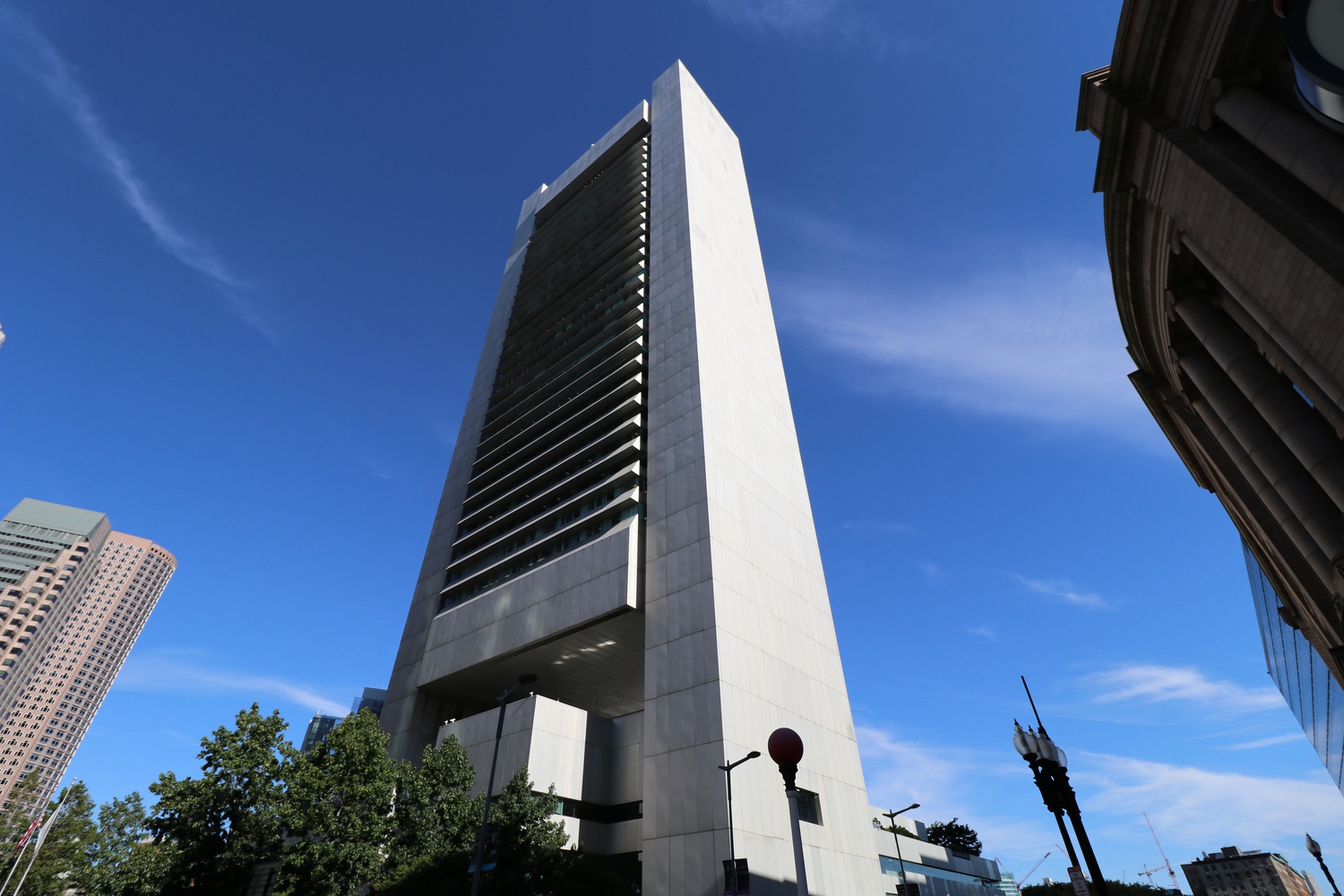
News
Harvard Grad Union Agrees To Bargain Without Ground Rules

News
Harvard Chabad Petitions to Change City Zoning Laws

News
Kestenbaum Files Opposition to Harvard’s Request for Documents

News
Harvard Agrees to a 1-Year $6 Million PILOT Agreement With the City of Cambridge

News
HUA Election Will Feature No Referenda or Survey Questions
Harvard Endowment Shares of Meta, Google Balloon in First Quarter

The Harvard Management Company more than tripled its shares of Meta Platforms — formerly known as Facebook — as it saw nearly all of its stock holdings decline in value during the first three months of 2022.
The move reversed HMC’s position at the end of 2021, when it slashed its Meta holdings by nearly half. At the end of March, HMC — which is responsible for managing the University’s endowment — owned more than 1.2 million shares of Meta, a 230 percent increase from the 370,000 shares it held three months prior.
But the total value of HMC’s Meta holdings increased by just 120 percent, reaching $274 million, over the same time period, a reflection of the tech giant’s poor performance in the stock market this year. To date, Meta’s stock price has declined by more than 43 percent in 2022.
HMC’s latest disclosure of its public securities portfolio — required by the Securities and Exchange Commission of all investment managers overseeing more than $100 million in assets — revealed modest changes in its stock holdings during the first quarter, which ran from Jan. 1 to March 31. Consistent with previous reports, nearly all of HMC’s direct public investments lie in the technology, biotechnology, and pharmaceutical sectors.
Just three of the 44 companies in HMC’s public portfolio saw their stock price rise during the first quarter. The losses come as key financial indices, including the S&P 500 and the tech-heavy NASDAQ, continue to suffer significant declines in 2022.
HMC also hiked its investments in Alphabet, the parent company of Google, by 43 percent. The total value of HMC’s holdings in the technology corporation now sits at $242 million. Together, the company’s investments in Meta and Alphabet accounted for more than half of HMC’s $990 million public securities portfolio at the end of March.
HMC’s direct public holdings represent less than 2 percent of the University’s $53.2 billion endowment. The vast majority of the University’s endowment is overseen by external managers. According to the company’s report for fiscal year 2021, 34 percent of the endowment’s assets lie in private equity while 33 percent are in hedge funds.
John M. Longo, a professor at Rutgers Business School and the Chief Investment Officer for Beacon Trust, wrote in an email that the endowment’s significant allocation to alternative investments such as hedge funds “likely preserved capital or resulted in lesser losses,” despite turbulence in the stock market.
He added that despite “disappointing” recent performance by Google and Meta, “both firms remain well positioned for the long-term.”
As was the case in the previous quarter, HMC did not directly invest in any exchange-traded funds — managed funds composed of many underlying securities. HMC’s previous ETF holdings, which were all liquidated in the last quarter of 2021, had long come under fire from activist groups like the Harvard Prison Divestment Campaign, which alleged the investments represented the University’s indirect exposure to the prison industry.
In its biggest liquidation of the quarter, HMC sold off all its shares of Royalty Pharma, a company that helps fund clinical trials for novel drug treatments. HMC’s holdings in the company totalled $138 million at the end of 2021.
HMC also invested in two new companies during the first quarter: Vigil Neuroscience and Pardes Biosciences. Vigil Neuroscience, which develops treatments for neurodegenerative diseases, is the world’s first therapeutics company focused on microglia — cells central to the brain’s immune system. Pardes Biosciences, founded in 2020, develops antiviral treatments for Covid-19.
Patrick S. McKiernan, a spokesperson for HMC, declined to comment on the filings.
—Staff writer Eric Yan can be reached at eric.yan@thecrimson.com.
Want to keep up with breaking news? Subscribe to our email newsletter.
Related Articles
From Our Advertisers

Over 300+ courses at prestigious colleges and universities in the US and UK are at your disposal.

With innovative financial tools combined with financial education, Collegiate empowers students to take control of their finances and build confidence in their money management skills.

Serve as a proctor for Harvard Summer School (HSS) students, either in the Secondary School Program (SSP), General Program (GP), or Pre-College Program.

With an increasingly competitive Law School admissions process, it's important to understand what makes an applicant stand out.

Welcome to your one-stop gifting destination for men and women—it's like your neighborhood holiday shop, but way cooler.

Admit Expert is a premium MBA admissions consulting company, helping candidates secure admission to top B-schools across the globe with significant scholarships.
